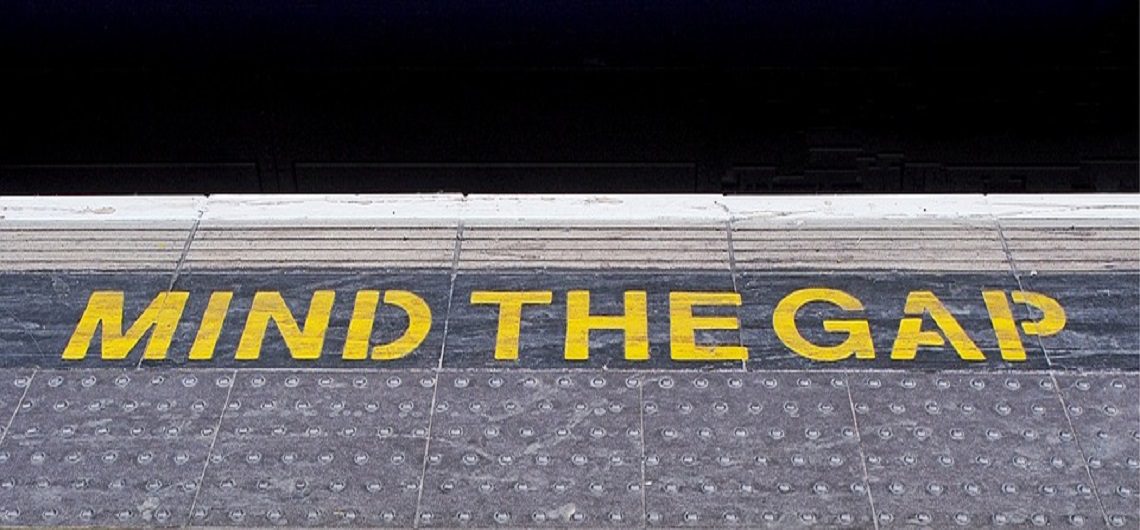Gender parity is fundamental to whether and how economies and societies thrive. Ensuring the full development and appropriate deployment of half of the world’s total talent pool has a vast bearing on the growth, competitiveness and future-readiness of economies and businesses worldwide. The Global Gender Gap Report benchmarks 144 countries on their progress towards gender parity across four thematic dimensions: Economic Participation and Opportunity, Educational Attainment, Health and Survival, and Political Empowerment.
In recent years, women have made significant progress towards equality in a number of areas such as education and health, with the Nordic countries leading the way. But the global trend now seems to have made a U-turn, especially in workplaces, where full gender equality is not expected to materialise until 2234.
“A decade of slow but steady progress on improving parity between the sexes came to a halt in 2017, with the global gender gap widening for the first time since the World Economic Forum’s Global Gender Gap Report was first published in 2006,” the report said.
Iceland topped the rankings for the ninth straight year, followed by Norway and Finland. Ireland was ranked at eight and slides two spots, a continued reversal from last year, and has closed 79% of its overall gender gap. It has widened its Health and Survival gender gap and also sees a decrease in gender parity in the number of women in ministerial positions. More positively, the country maintains a fully closed gender gap on Educational Attainment from last year and also sees an increase in gender parity in the number of legislators, senior officials and managers, continuing a steady trend since 2013.











































